It’s inconceivable that four years later I had to prove my innocence. It wasn’t enough to say it, if I didn’t present proofs of it, among which is the videos that unmasks all the diabolical revenge against me, with the invention of false witnesses.
If the prosecutor and the accusers present this false testimony, and their plot is discovered, they are forced to dismantle their strategy of 54 years in prison for Angel.
What else do I have to say to prove my innocence? Are the extensive irregularities against me not enough? Where is the evidence against me, except in the manipulated complaint of the Lieutenant Colonel who says my slanted handwriting indicates I’m guilty?
It is not also enough that they have given me an illegal sentence? Why take two years presenting proof and witnesses that I’m innocent? Why don’t they ask the Cuban government to present a shred of evidence that is not the crude joke of my slanted handwriting?
Has it occurred to anyone to think what would have occurred if my friends hadn’t filmed the witness? What would be my condition now with one person saying he saw me at the scene of the events?
It frightens me that it is not enough to dismantle a false witness and that someone still comments that my last statement doesn’t confirm my innocence. It makes me ashamed to say over and over: I am innocent.
Why do they ask me to prove it and in other ways pander to State Security?
- Why are all Cubans guilty until proven otherwise?
- It’s not enough to have more than proved my innocence.
- The Investigators and all of Counterintelligence could not prove my guilt with their lies.
- To present my innocence I don’t have just my own words, there is clear evidence:
- Three and a half years of waiting and building a file. In Cuba these cases are adjudicated within a few months from the time they open the investigation file.
- Perhaps most striking is the video of the false witness. After that, what more do I to present?
- There were 5 witnesses who testified to the infamy against me and his declarations about my innocence were unjustly rejected with another absurd lie. It was also published on-line.
- I was sentenced to a term that has nothing to do with the accusation.
- The entire defense by my attorney is on the internet, publicly available.
I call on all those who are interested in knowing the truth to read these documents and to not keep asking me to write that I am innocent.
I said it, and I did so in court. I proved it and therein lies the injustice against me.
I don’t believe there are honest people who, after reading the documents on both sides and seeing the video of the false witness, can dare to say that I have not affirmed my innocence.
I hope that it’s for lack of time or being too lazy to read, and not a provocation.
I did not want to leave the country when the opportunities presented themselves, I wanted to be here, in this prison, with my proofs, to confront the Government, with its injustices, and those who prepare and carry out its orders, who will go down on history as soldiers of the regime.
I appeal to your conscience, just trust in it.
Ángel Santiesteban-Prats
La Lima Prison
Guanabacoa, Havana.
Documents of interest:
– Solicitud de apelación de la sentencia
– Video of the false witness Alexis Quintana Quindelán, who confessed lying under the direction of Kenia Rodríguez who had promised to pay him with personal benefits.
18 March 2013

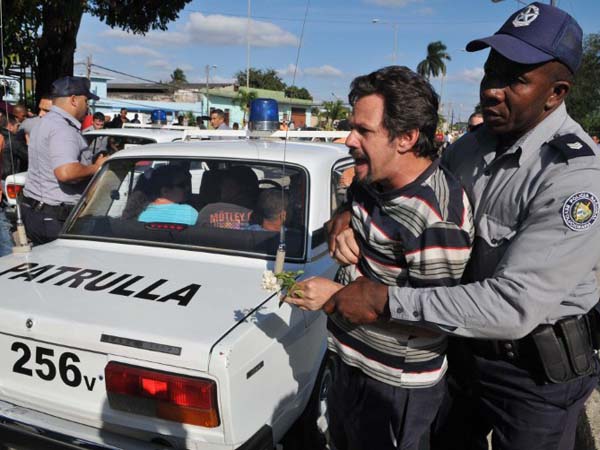

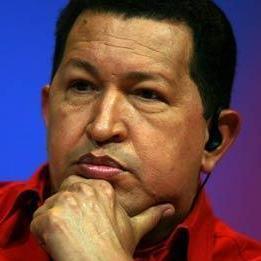
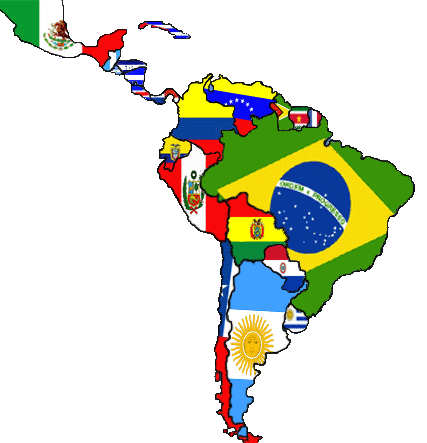
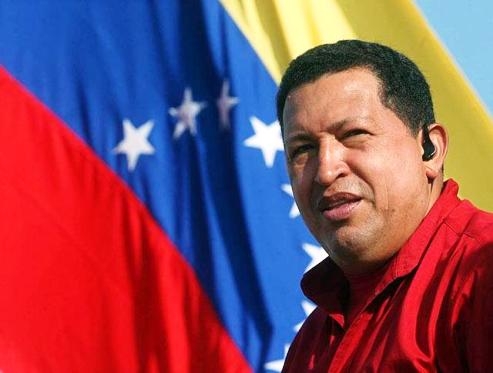

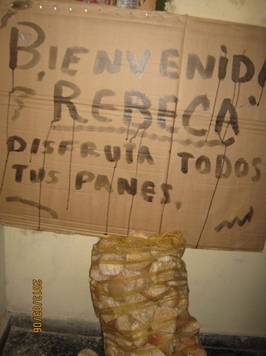


 I believe I have successfully crossed the threshold of the 21st Century, a century that I prefer to believe more inclusive, comprehensive, and cohesive. After having been educated in certain social and ideological intolerance, I’ve gotten past them. My lesbian friends — they aren’t my friends so I can be “tuned in” — rather because their friendships enrich my life. I have other friendships whose political or religious posture could make us enemies, but for a long time my values of good and evil are established according to my beliefs; no more will I leave in other hands the thinking I should be doing for myself.
I believe I have successfully crossed the threshold of the 21st Century, a century that I prefer to believe more inclusive, comprehensive, and cohesive. After having been educated in certain social and ideological intolerance, I’ve gotten past them. My lesbian friends — they aren’t my friends so I can be “tuned in” — rather because their friendships enrich my life. I have other friendships whose political or religious posture could make us enemies, but for a long time my values of good and evil are established according to my beliefs; no more will I leave in other hands the thinking I should be doing for myself.